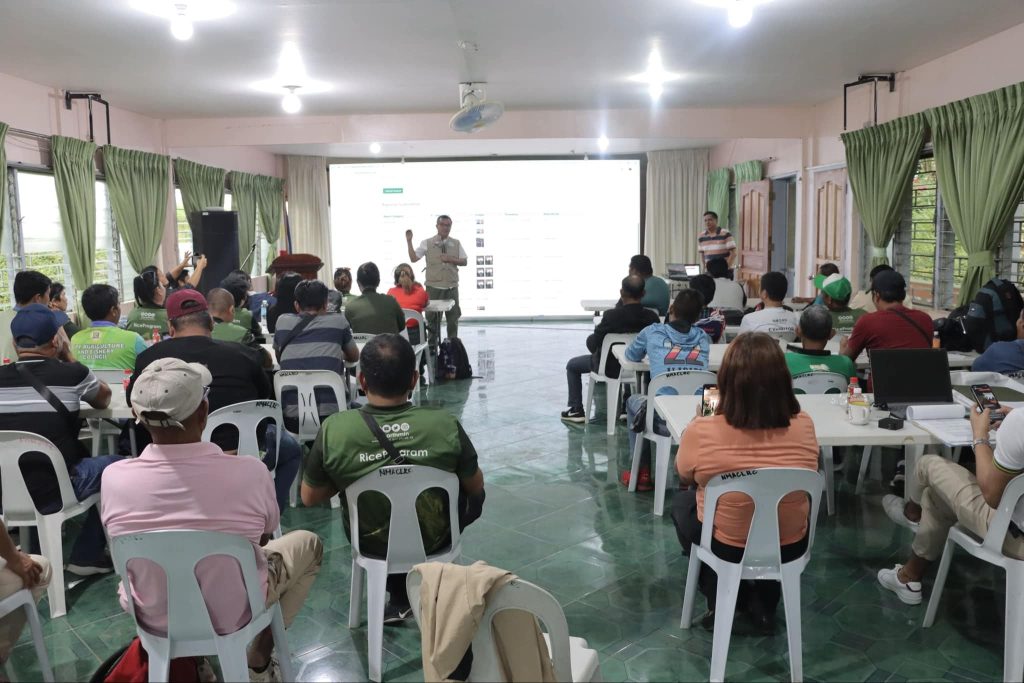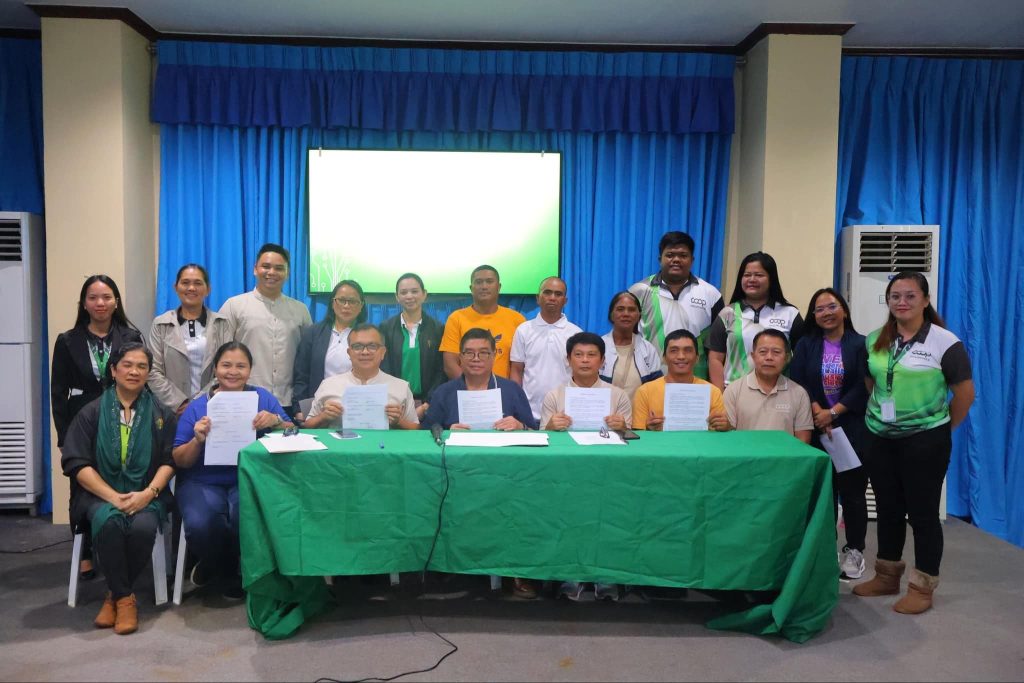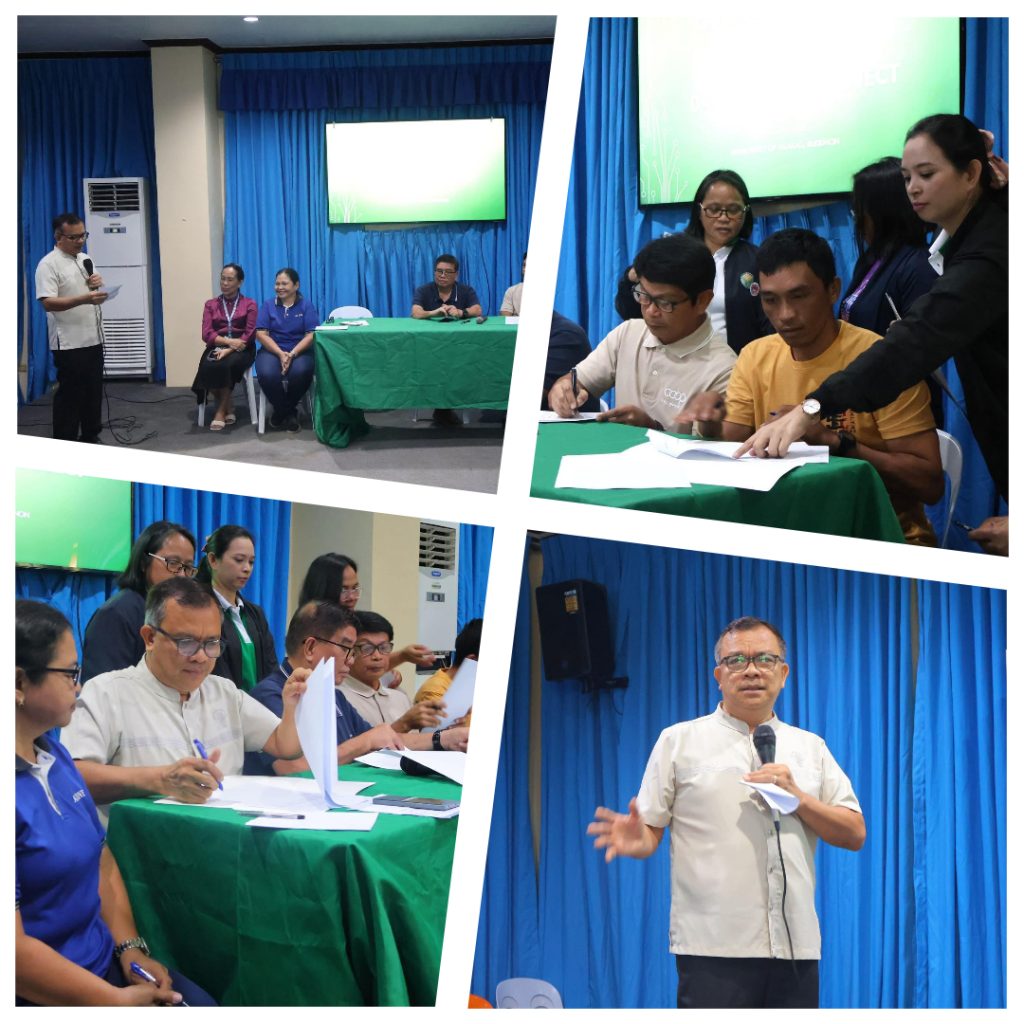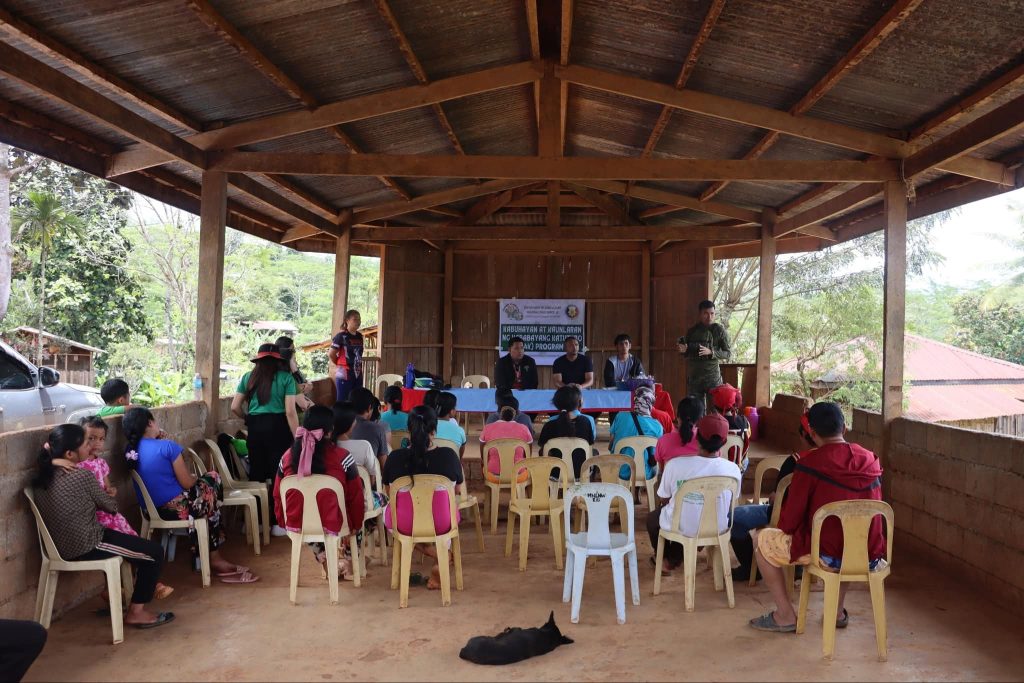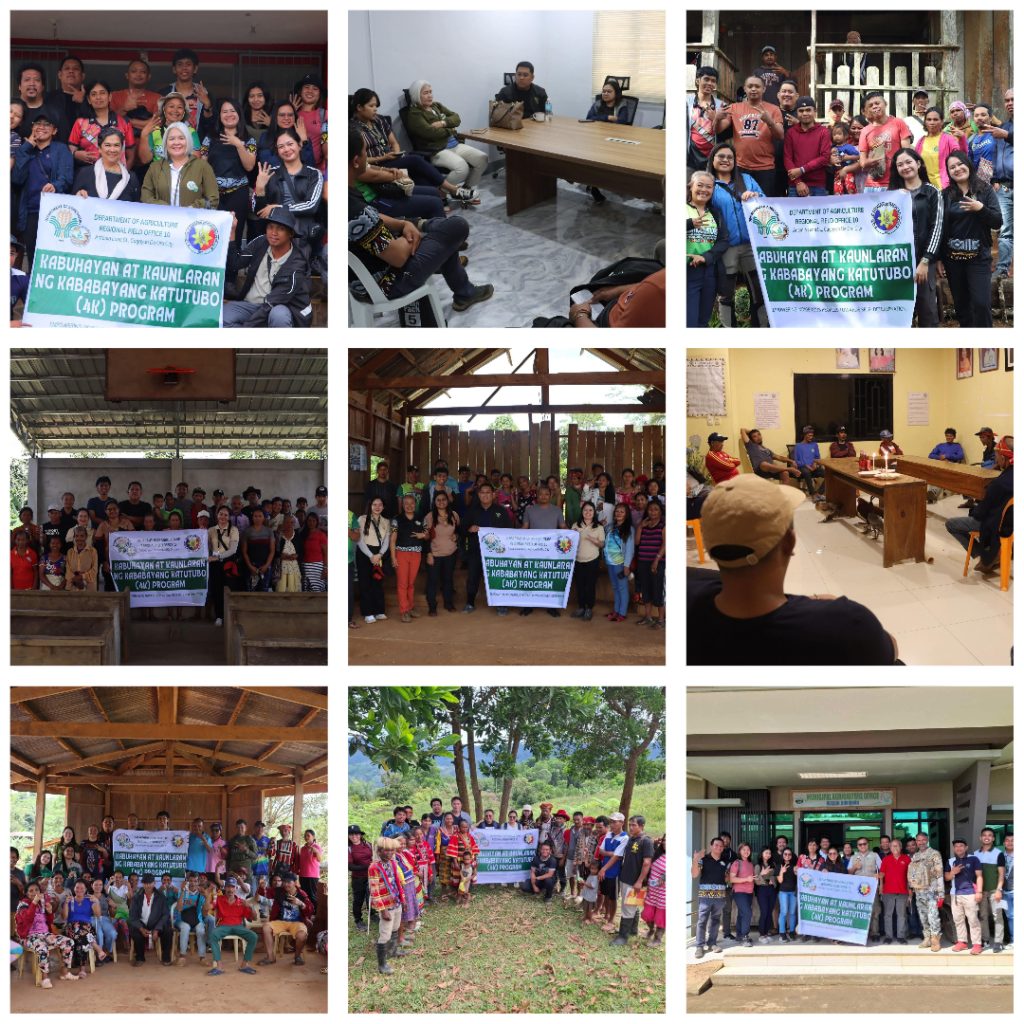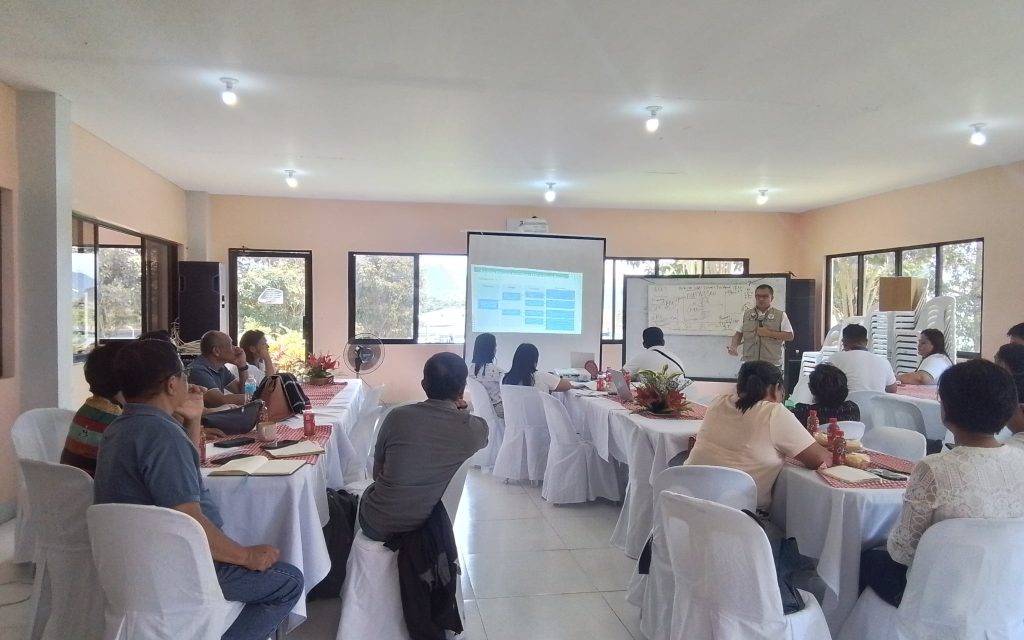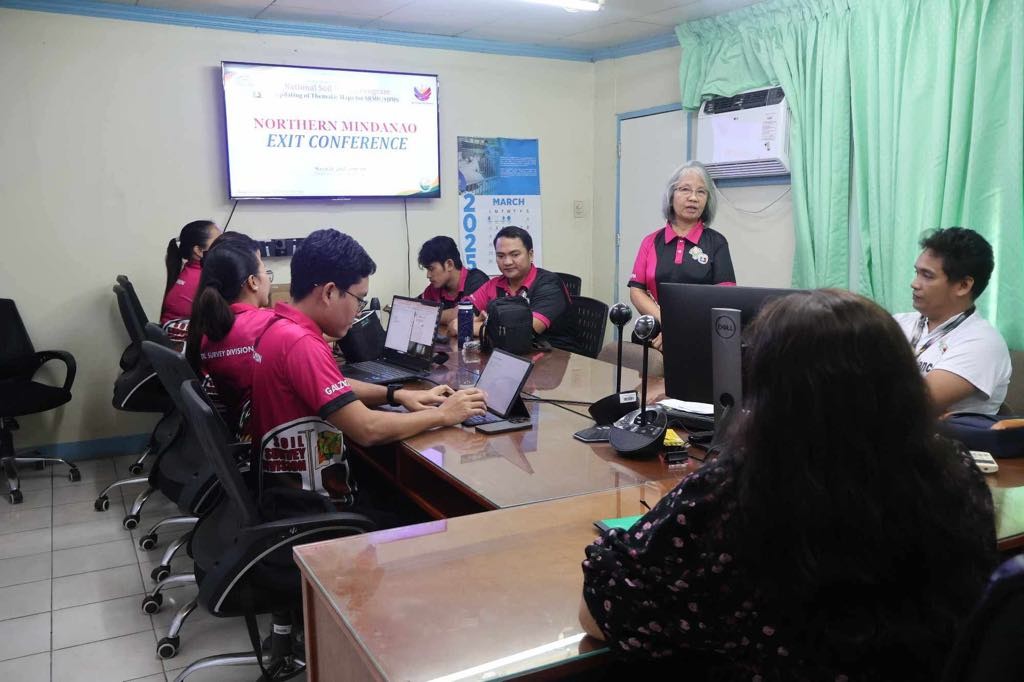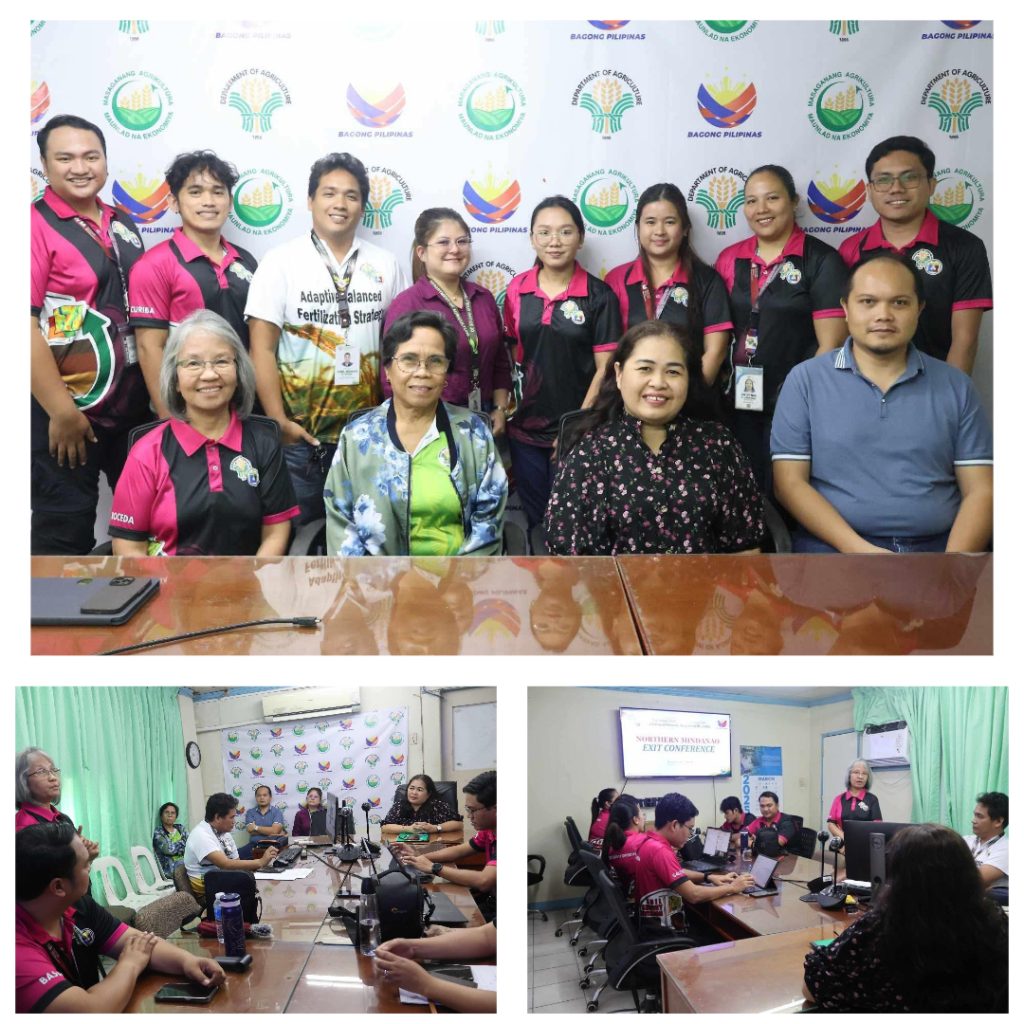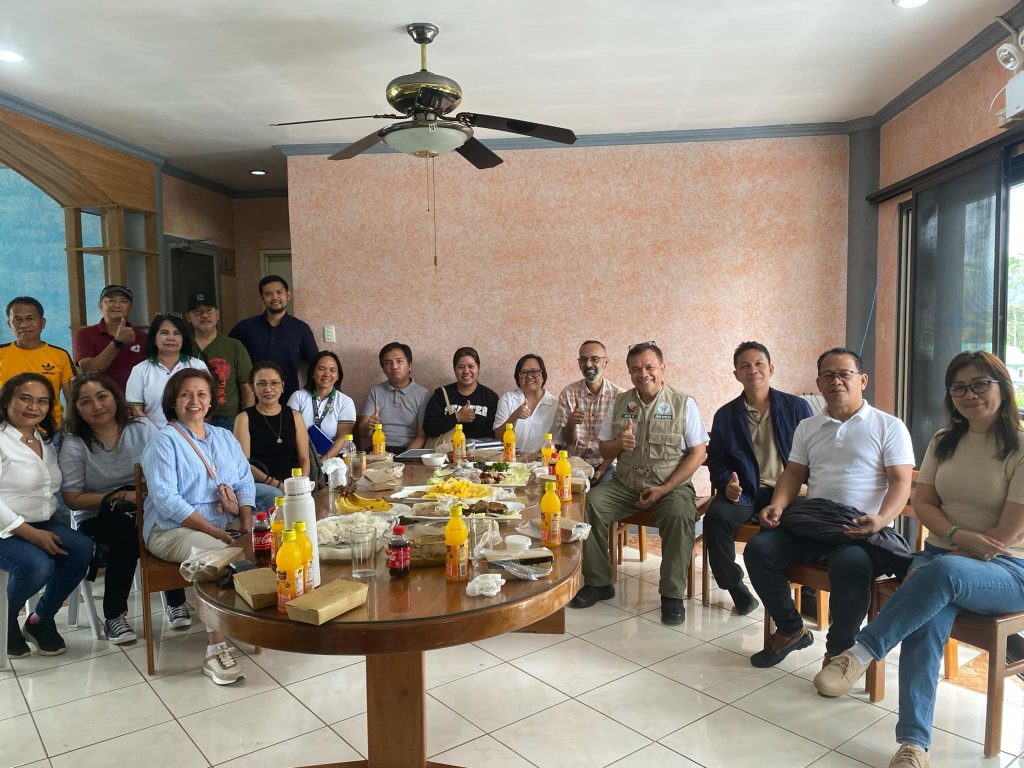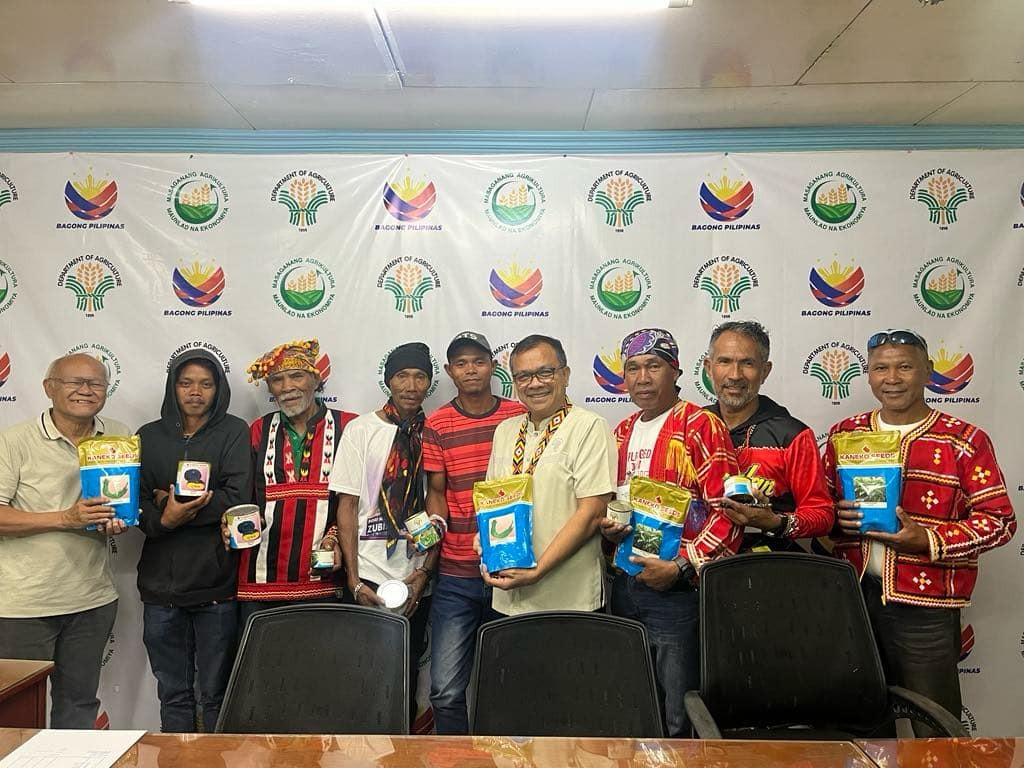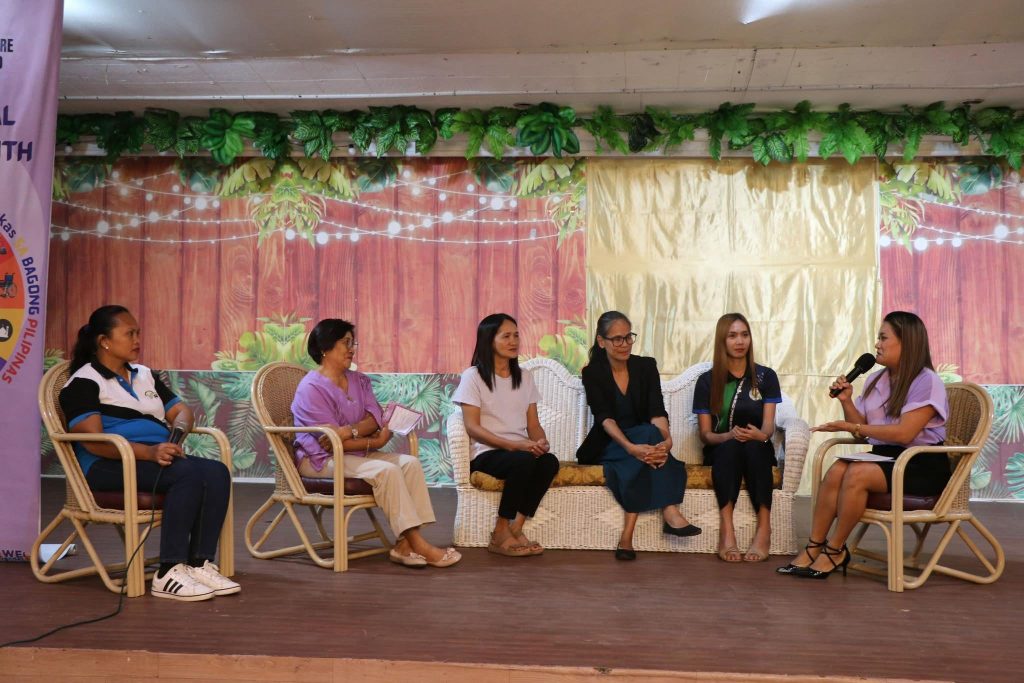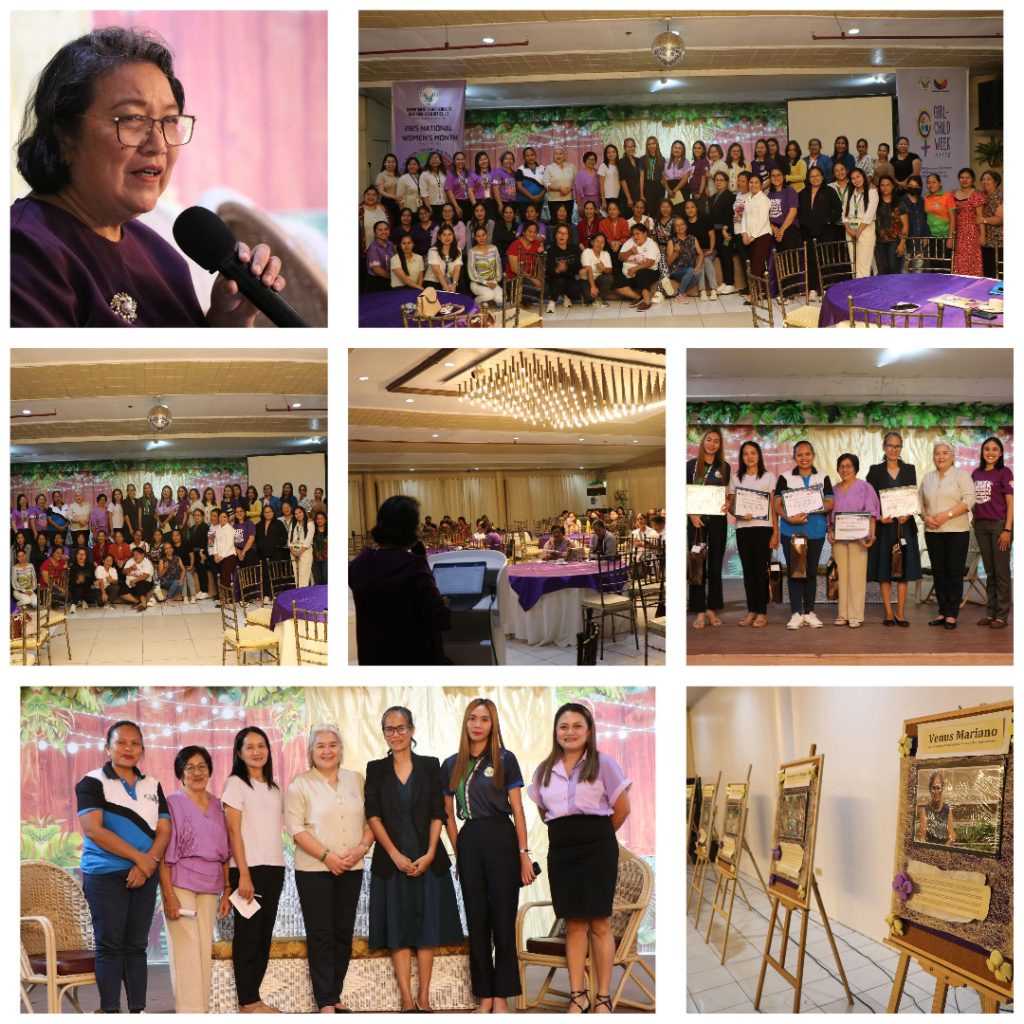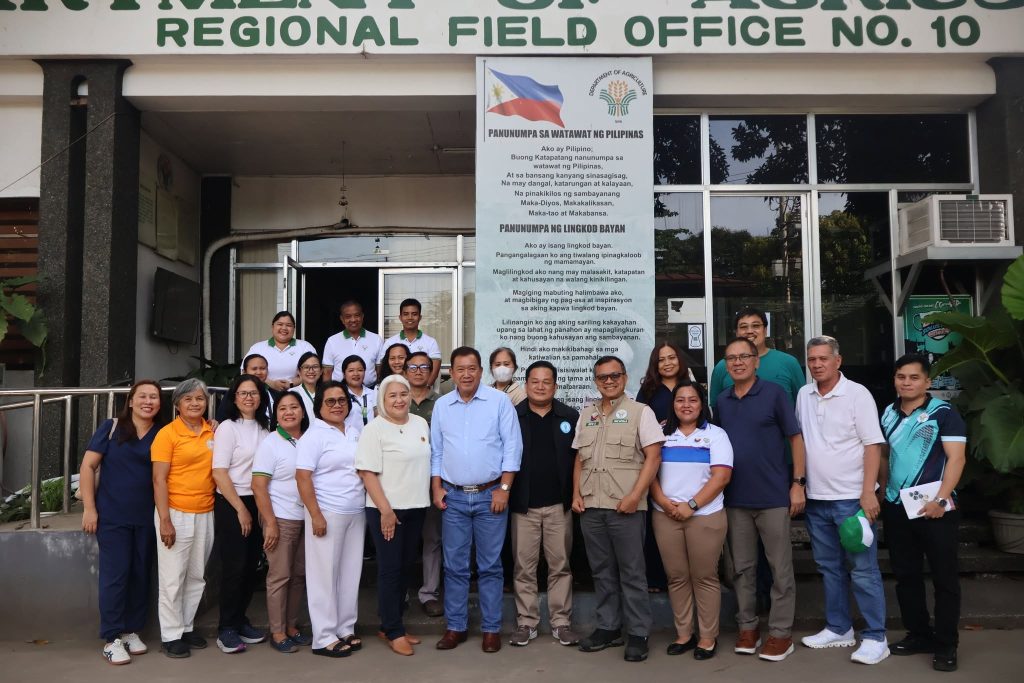
DA-NorMiN holds turnover ceremony for RAC-ADCE chairmanship
CAGAYAN DE ORO CITY — The Department of Agriculture – Regional Field Office 10 (DA-RFO 10), through its Regulatory Division and Livestock Program, conducted a turnover ceremony for the chairmanship of the Regional Advisory Committee for Animal Disease Control and Emergency (RAC-ADCE) on Thursday, April 3, at the agency compound, here.
The event marked the official transition of leadership in the region’s animal health sector, with outgoing RAC-ADCE Chair and Assistant Secretary for Ruminant Livestock, Benjamin C. Albarece, DVM, administering the oath of office to the new RAC-ADCE Chair, Rodner A. Tuquib, DVM.
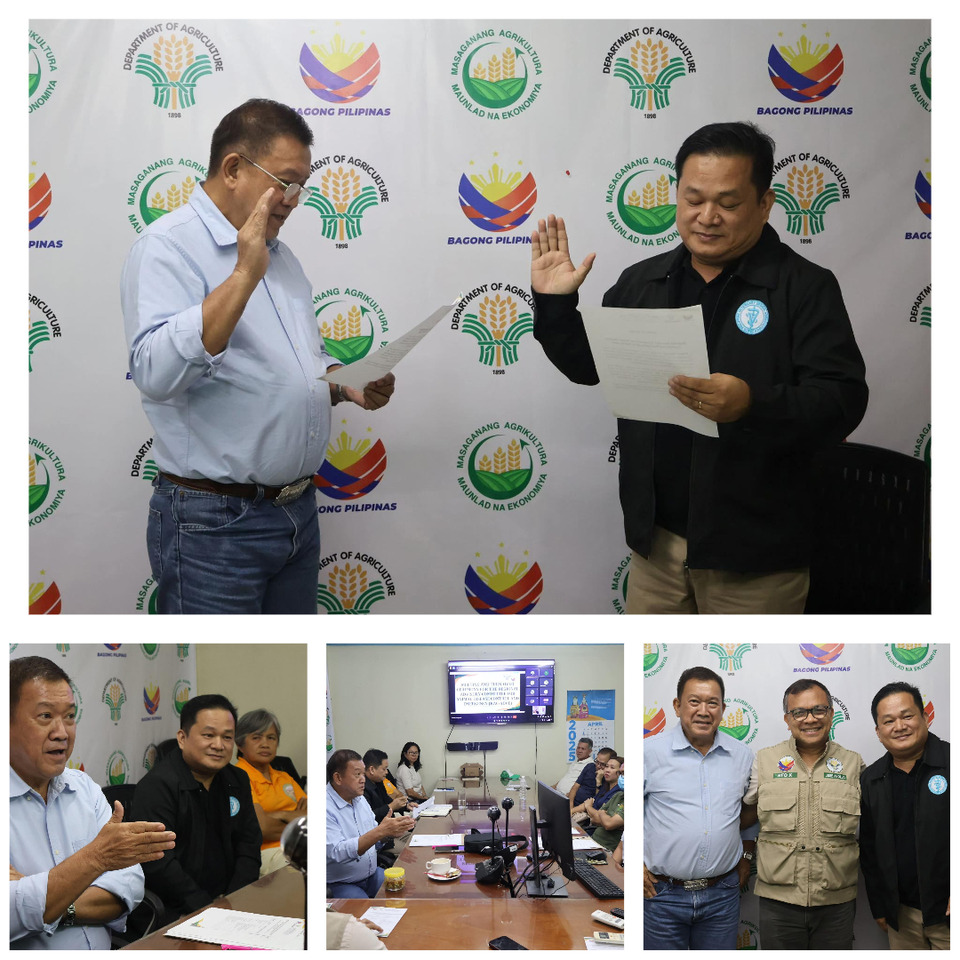
RAC-ADCE is a multi-sectoral advisory body dedicated to the prevention, control, and eradication of significant animal diseases. The committee plays a key role in policy formulation for the livestock and poultry industries and ensures a coordinated response to animal health emergencies.
Comprising representatives from both government and private sectors, the RAC-ADCE includes officials from the DA, Bureau of Animal Industry (BAI), National Meat Inspection Service (NMIS), and local government veterinarians, along with stakeholders from veterinary associations and livestock producers.
Also present during the event were the agency’s Regional Executive Director Jose Apollo Y. Pacamalan, Regional Technical Director for Operations Carlota S. Madriaga, other DA-10 key officials, and members of the RAC-ADCE.
Under the new leadership, the committee aims to further strengthen biosecurity measures and enhance collaboration among stakeholders to ensure the sustainability and resilience of the livestock sector in Northern Mindanao.# (EJLG)



